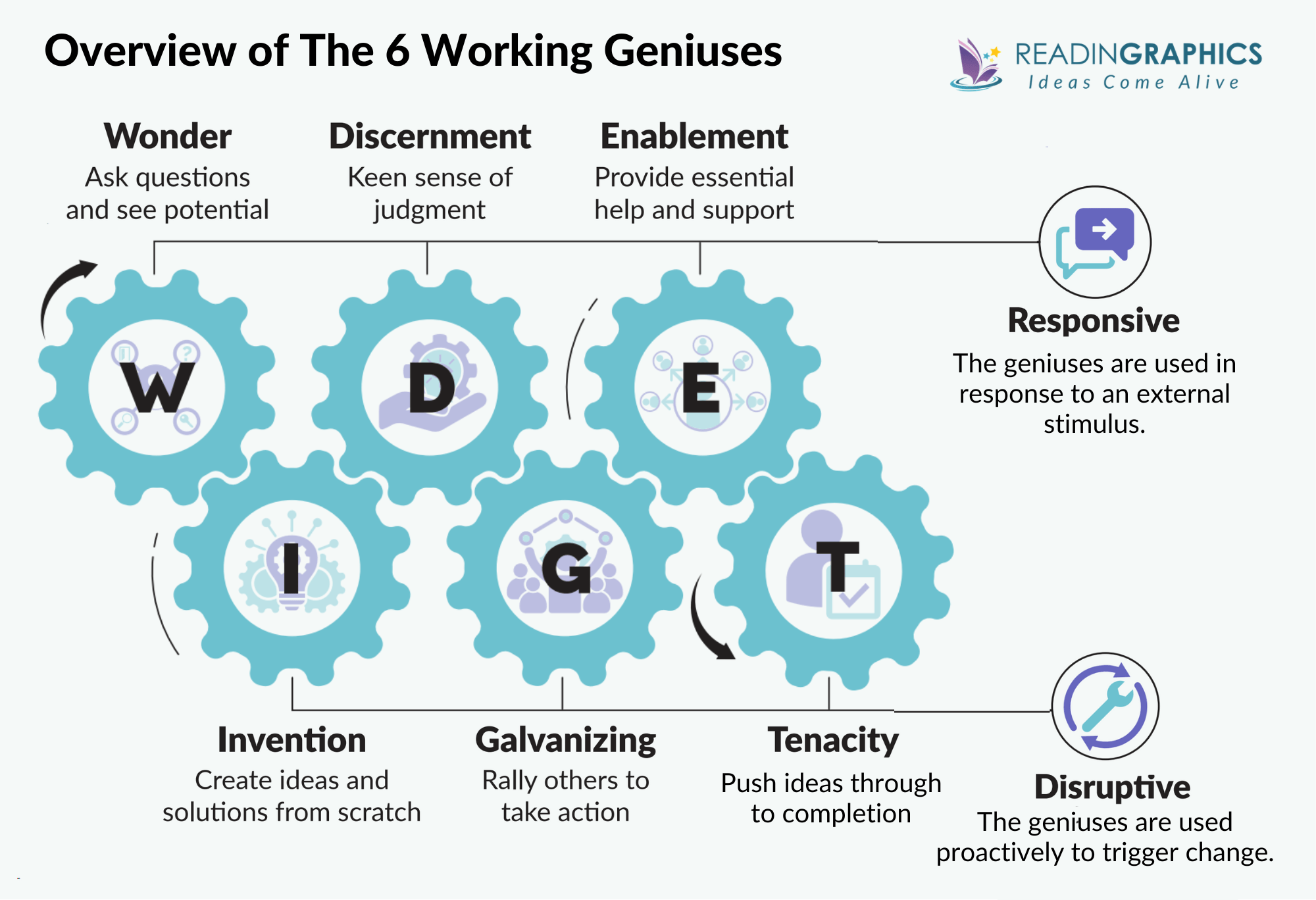
The process of extending permission for foreign nationals to maintain employment within a specific country involves submitting an application to the relevant immigration authorities. This typically occurs before the expiration of the current authorization and necessitates providing updated documentation to demonstrate continued eligibility. For instance, a software engineer from India working in the United States on a temporary work permit would need to undergo this process to remain employed legally after the initial permit expires.
Maintaining valid employment authorization provides stability for both individuals and businesses. It allows foreign workers to continue contributing their skills and expertise to the economy while also ensuring their legal presence. Historically, the evolution of these procedures reflects changing economic landscapes and national priorities related to immigration policy. A smooth, efficient system can benefit both the host country and the individual, facilitating economic growth and professional development.
This article will delve into the specific requirements, procedures, and potential challenges associated with obtaining an updated authorization, offering valuable insights for those navigating this critical process.
1. Eligibility Criteria
Eligibility criteria form the foundation of any successful work visa renewal application. Meeting these specific requirements is essential for a positive outcome, as failure to do so can lead to application denial and potential disruptions to employment authorization.
-
Maintaining Valid Employment
Continued employment with a sponsoring employer is typically a cornerstone of renewal eligibility. This often involves demonstrating ongoing work in the same or a similar role as initially approved. For example, a project manager whose visa was sponsored by a technology company must demonstrate continued employment within that company, typically in a project management or related capacity. A lapse in employment can significantly impact the renewal process, potentially requiring a new visa application under different criteria.
-
Compliance with Visa Conditions
Adherence to the terms and conditions of the initial visa is critical. This includes maintaining the required work hours, reporting any changes in employment status or personal information to the relevant authorities, and refraining from any activities that violate visa stipulations. For instance, engaging in unauthorized work outside the scope of the sponsored visa can jeopardize renewal prospects. Consistent compliance demonstrates good faith and strengthens the renewal application.
-
Clean Criminal Record
A clear criminal record is often a prerequisite for visa renewal. Any convictions or pending criminal charges can significantly impact eligibility. The specific requirements regarding acceptable criminal history vary by country and visa type. For example, a minor traffic violation may not impact eligibility, while a felony conviction could lead to immediate disqualification. Maintaining a clean record is crucial for a smooth renewal process.
-
Meeting Financial Requirements
Demonstrating sufficient financial resources to support oneself during the renewed visa period is often necessary. This may involve providing updated bank statements, proof of income, or other financial documentation as required by the immigration authorities. Meeting these requirements assures the host country that the visa holder will not become a financial burden. For instance, a freelance designer renewing a work visa might need to show a consistent income stream and sufficient funds to cover living expenses.
These core eligibility factors play a crucial role in the work visa renewal process. Careful consideration and thorough preparation related to each criterion significantly increase the likelihood of a successful outcome, enabling foreign nationals to maintain their employment authorization and continue contributing to the workforce.
2. Required Documentation
Required documentation forms the backbone of a successful work visa renewal application. A comprehensive and accurate document submission is crucial for demonstrating continued eligibility and compliance with immigration regulations. The specific documents required vary depending on the country, visa type, and individual circumstances. However, some common categories of documentation provide a framework for understanding the general requirements. For example, an individual renewing an H-1B visa in the United States might need to provide evidence of continued employment, such as a current employment contract and recent pay stubs, while someone renewing a Tier 2 visa in the United Kingdom might need to demonstrate meeting minimum salary requirements and provide a resident labour market test certificate.
Commonly requested documentation includes proof of identity, such as a passport and birth certificate; evidence of current employment and income, including pay stubs, tax returns, and employment verification letters; and documentation related to the sponsoring employer, such as company registration details and financial statements. Furthermore, some renewals may require updated educational credentials, professional licenses, or evidence of ongoing compliance with specific visa conditions. For instance, a medical professional renewing a work visa might need to provide updated medical licenses and proof of malpractice insurance. Failing to provide complete and accurate documentation can lead to processing delays, application denial, and potential disruptions to employment authorization. Therefore, meticulous preparation and organization of required documents are essential for a smooth renewal process.
Understanding the specific documentary requirements for a particular visa category and country is paramount. Consulting official government resources, immigration attorneys, or qualified professionals can provide valuable guidance. This proactive approach minimizes the risk of errors or omissions, ensuring a complete and accurate application. Ultimately, meticulous attention to required documentation demonstrates preparedness and strengthens the applicant’s case for a successful work visa renewal.
3. Application Timelines
Application timelines play a critical role in the work visa renewal process. Understanding these timelines and adhering to them diligently is essential for maintaining uninterrupted employment authorization. Processing times can vary significantly depending on several factors, including the country, the specific visa category, the volume of applications being processed, and the completeness of the submitted documentation. For instance, renewing an H-1B visa in the United States may take several months, while renewing a work permit in Canada might have a shorter processing time. Unforeseen delays can occur due to various reasons, such as requests for additional documentation, background checks, or administrative backlogs. Therefore, initiating the renewal process well in advance of the current visa’s expiration date is crucial to mitigate the risk of disruptions to employment. Failing to submit the application within the stipulated timeframe can lead to a lapse in authorization, potentially requiring the individual to cease work until the renewal is approved.
Strategic planning and proactive engagement with the relevant immigration authorities are essential for navigating application timelines effectively. This includes researching the typical processing times for the specific visa category and country, gathering all required documentation well in advance, and submitting a complete and accurate application. Utilizing premium processing services, where available, can expedite the process for an additional fee. However, even with expedited processing, unforeseen delays can still arise. Therefore, maintaining open communication with the employer and immigration authorities throughout the process is crucial. This allows for proactive adjustments to work arrangements and minimizes the impact of potential delays. Furthermore, seeking professional guidance from immigration lawyers or consultants can provide valuable insights into managing application timelines and navigating potential challenges.
In summary, meticulous attention to application timelines is paramount for a successful work visa renewal. Proactive planning, thorough preparation, and timely submission of a complete application significantly increase the likelihood of a smooth and uninterrupted renewal process. Understanding the potential for delays and engaging strategically with immigration authorities are crucial for mitigating risks and ensuring continued employment authorization. This proactive approach enables foreign nationals to maintain their valuable contributions to the workforce and avoid disruptions to their professional careers.
4. Potential Processing Delays
Potential processing delays represent a significant factor within the work visa renewal landscape. These delays can arise from various sources, impacting individuals and employers alike. Understanding the causes, effects, and mitigation strategies associated with processing delays is crucial for navigating the renewal process effectively. One common cause of delays is incomplete or inaccurate documentation. Omitting required documents or submitting incorrect information can trigger requests for additional materials, significantly extending the processing timeline. For example, an applicant forgetting to include a current employment verification letter may experience a delay while the immigration authorities request this crucial document. Similarly, inconsistencies between the submitted information and previously provided data can trigger further investigation and prolong the process.
High application volumes during peak seasons can also strain processing resources, leading to extended timelines. Furthermore, unforeseen circumstances like natural disasters, pandemics, or changes in government policy can introduce unexpected delays. Security checks and background investigations represent another potential source of delay, particularly for applicants from certain countries or those with complex travel histories. For instance, an applicant with a previous visa denial might undergo a more extensive background check, potentially prolonging the processing time. The practical significance of these delays lies in their potential to disrupt employment authorization. Delays can force individuals to cease work temporarily, impacting their income, project continuity, and overall career trajectory. Employers also face disruptions to their operations, potentially losing valuable employees and experiencing project delays due to workforce gaps.
Mitigating the risk of processing delays requires proactive planning and meticulous attention to detail. Submitting a complete and accurate application with all required documentation is paramount. Engaging legal counsel specializing in immigration matters can provide valuable guidance and ensure compliance with all regulations. Staying informed about potential processing delays through official government resources and reputable immigration news sources allows for realistic expectations and proactive planning. While some delays are unavoidable, understanding their potential causes and implementing appropriate mitigation strategies can significantly improve the likelihood of a timely and successful work visa renewal.
5. Legal Assistance Options
Navigating the complexities of work visa renewal often requires specialized knowledge and expertise. Legal assistance can provide valuable support and guidance throughout the process, from initial assessment to final decision. Engaging qualified legal professionals can significantly enhance the likelihood of a successful outcome, particularly in complex or challenging situations. Legal assistance options range from consultations with immigration attorneys to utilizing specialized legal services focused on visa applications.
-
Initial Consultation and Case Evaluation
An initial consultation with an immigration attorney allows for a thorough assessment of the individual’s specific circumstances and eligibility for renewal. This includes reviewing current visa status, employment history, and any potential complicating factors, such as previous visa denials or changes in immigration regulations. For instance, an individual facing a complex situation, such as a change in job title or employer restructuring during the renewal process, could benefit significantly from expert legal advice on how these changes might impact their application. The attorney can then advise on the best course of action and develop a tailored strategy for the renewal process.
-
Document Preparation and Review
Legal professionals assist with preparing and reviewing all required documentation for the renewal application. This ensures completeness, accuracy, and compliance with immigration regulations. They can also help gather supporting evidence, such as letters of recommendation or expert testimonials, to strengthen the application. For example, an attorney can guide an applicant on how to present evidence of consistent employment history or demonstrate compliance with specific visa conditions, ensuring that the application presents a strong and compelling case for renewal.
-
Representation and Communication with Immigration Authorities
Attorneys can represent applicants before immigration authorities, acting as a liaison and handling all communication related to the renewal process. This includes responding to requests for additional information, attending interviews, and addressing any challenges or complications that may arise. For example, if the immigration authorities raise questions about an applicant’s eligibility, the attorney can provide clarifications, submit additional documentation, and advocate on the applicant’s behalf, streamlining the communication process and minimizing potential delays.
-
Appeals and Legal Recourse
In the event of a denial, legal professionals can guide individuals through the appeals process or explore other legal recourse options. They can identify the grounds for appeal, prepare the necessary documentation, and represent the individual before the relevant authorities. For example, if an application is denied due to a perceived lack of eligibility, the attorney can gather additional evidence, challenge the decision, and present a strong case for reconsideration, protecting the individual’s rights and maximizing the chances of a successful outcome.
Leveraging legal assistance options empowers individuals navigating the often intricate process of work visa renewal. Professional guidance ensures compliance with regulations, strengthens applications, and provides crucial support throughout the process, increasing the probability of a successful outcome and minimizing the risk of disruptions to employment authorization. By engaging legal expertise, applicants gain a strategic advantage, navigating complexities efficiently and securing their continued contributions to the workforce.
Frequently Asked Questions
This section addresses common inquiries regarding the work visa renewal process. Understanding these frequently asked questions can provide clarity and facilitate a smoother application experience.
Question 1: How early should one begin the renewal process?
Initiating the renewal process well in advance of the current visa’s expiration is highly recommended. Specific timelines vary by jurisdiction, but starting three to six months prior is generally advisable. This allows ample time to gather documentation, complete the application, and address any unforeseen delays.
Question 2: What are the typical consequences of allowing a work visa to expire?
Allowing a work visa to expire can lead to unauthorized work status, potentially resulting in fines, removal from the country, and future immigration difficulties. It is crucial to maintain valid authorization at all times.
Question 3: Can one travel internationally while a renewal application is pending?
International travel during the renewal process depends on specific visa categories and regulations. Consulting with an immigration attorney is recommended to understand potential travel restrictions and necessary documentation.
Question 4: What role does the sponsoring employer play in the renewal process?
Sponsoring employers typically play a significant role, often providing necessary documentation such as employment verification letters and updated financial information. Maintaining consistent communication with the employer throughout the renewal process is essential.
Question 5: How can one check the status of a pending renewal application?
Application status can typically be checked online through the relevant immigration authority’s website. Utilizing the provided application tracking number or contacting the authority directly can provide updates on processing progress.
Question 6: What are common reasons for renewal application denials?
Common reasons for denial include incomplete documentation, failure to meet eligibility requirements, inconsistencies in provided information, and changes in an applicant’s circumstances since the initial visa issuance. Addressing potential issues proactively can improve the likelihood of a successful outcome.
Thoroughly understanding the work visa renewal process is crucial for maintaining uninterrupted employment authorization. Addressing these common questions proactively can significantly reduce the risk of complications and contribute to a smooth renewal experience.
For further information and specific guidance related to individual circumstances, consulting with qualified immigration professionals is recommended. This proactive approach ensures compliance with applicable regulations and maximizes the chances of a successful renewal.
Tips for a Successful Application
Securing a successful outcome requires careful planning and meticulous execution. The following tips offer practical guidance for navigating the process effectively.
Tip 1: Begin Early
Initiating the process well in advance of the current visa’s expiration is crucial. This allows ample time to gather required documentation, complete the application accurately, and address any unforeseen delays or complications. Early preparation minimizes the risk of disruptions to employment authorization.
Tip 2: Meticulous Documentation
Thoroughly review all required documentation guidelines provided by the relevant immigration authorities. Gather all necessary documents, ensuring they are complete, accurate, and up-to-date. Incomplete or inaccurate documentation is a common cause of processing delays and application denials.
Tip 3: Seek Professional Guidance
Consulting with qualified immigration attorneys or legal professionals can provide invaluable expertise and support. Professional guidance ensures compliance with regulations, strengthens the application, and addresses complex situations effectively. Expert advice can significantly improve the likelihood of a successful outcome.
Tip 4: Maintain Open Communication
Consistent communication with the sponsoring employer and the relevant immigration authorities is essential. Promptly respond to any requests for additional information and maintain awareness of processing timelines. Proactive communication facilitates a smoother and more efficient process.
Tip 5: Understand Eligibility Criteria
Thoroughly research and understand the specific eligibility requirements for the relevant visa category. Ensure all criteria are met before submitting the application. Addressing potential eligibility issues proactively can prevent delays and increase the chances of approval.
Tip 6: Review Application Thoroughly
Before submission, carefully review the entire application for accuracy and completeness. Even minor errors or omissions can lead to processing delays or denials. A thorough review ensures a strong and well-presented application.
Tip 7: Stay Informed
Remain informed about any changes in immigration regulations, policies, or processing timelines. Consulting official government resources and reputable immigration news sources provides up-to-date information and allows for proactive adjustments to the application strategy.
Adhering to these tips significantly increases the likelihood of a successful outcome. Careful planning, meticulous documentation, and proactive engagement contribute to a smooth and efficient renewal process, ensuring continued employment authorization and minimizing potential disruptions.
This comprehensive guide provides a solid foundation for understanding the key aspects of the process. By applying these insights, applicants can approach the process with confidence and maximize their chances of success.
Conclusion
Navigating the complexities of work visa renewal requires diligent preparation, thorough understanding of relevant regulations, and proactive engagement with immigration authorities. This article has explored key aspects of the process, including eligibility criteria, required documentation, application timelines, potential processing delays, and the benefits of seeking legal assistance. Understanding these elements is crucial for a successful outcome, enabling foreign nationals to maintain their employment authorization and continue contributing their skills and expertise to the workforce.
The evolving landscape of global mobility underscores the increasing importance of efficient and transparent immigration processes. Successful navigation of work visa renewal not only benefits individual professionals but also contributes to economic growth and fosters international collaboration. As global economies become increasingly interconnected, streamlining these processes remains essential for attracting and retaining global talent, promoting innovation, and ensuring a dynamic and competitive global workforce. Proactive engagement with the evolving landscape of immigration policies and procedures will be crucial for individuals and organizations alike.



